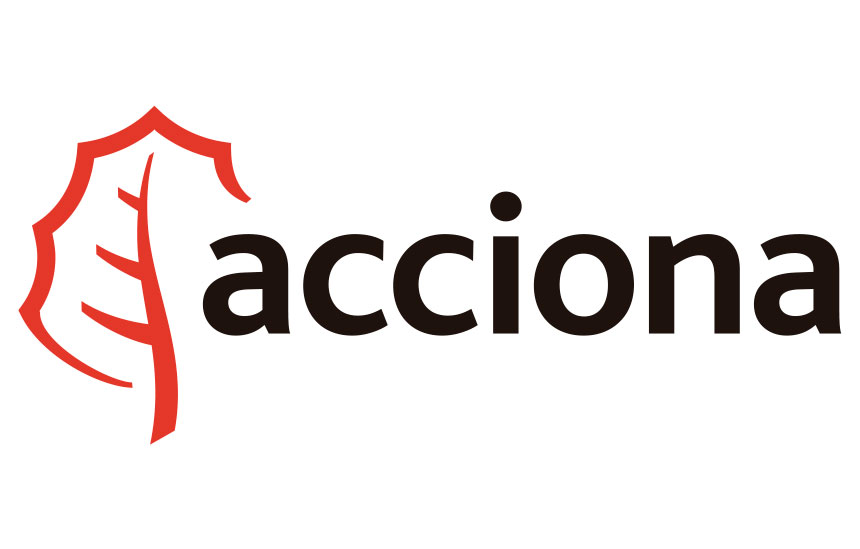- The Spanish multinational company will collaborate with two Moroccan companies to build the largest desalination plant on the African continent, in addition to taking charge of its management and maintenance
The Spanish multinational company Acciona, dedicated to the development and management of various infrastructures, will take charge, together with two Moroccan companies, of the construction of the largest capacity desalination plant in Africa, which will be located in Casablanca, Morocco.
The Spanish company will also be responsible for the management and maintenance of the plant when it is operational. All of this in a contract valued at 800 million euros, which shows the size of the project, together with the data on capacity, which speaks of up to 548,000 cubic metres of water per day, as reported by various media such as La Información and Andalucía Información.
This desalination plant will be able to cover the drinking water needs of a region of almost seven million inhabitants and will guarantee the irrigation of more than 5,000 hectares, something of vital importance for a country like Morocco, which is beset by persistent droughts that negatively affect water supply and which depends largely on agriculture, one of the driving forces of the national economy, and therefore requires a significant flow of water to irrigate agricultural fields.
EFE was informed by a Moroccan official source that the winning bid was that of Acciona in consortium with Afriquia Gaz and Green of Africa (both part of the Acwa group, founded by the head of the Moroccan government, Aziz Akhannouch).
The Moroccan Ministry of Equipment and Water is in charge of managing this type of plant and has among its main objectives the desalination of water as the solution to manage the nation’s water resources deficit, caused by drought and climate change.
New plants for the future and other existing plants
In addition to the Casablanca plant, which should be operational in two phases in 2026 and 2030, the ministry intends to launch the construction of other desalination plants.
The objective is to increase from the current nine plants (147 million cubic metres per year) to twenty by 2030, with a capacity of more than 1 billion cubic metres.
According to the Moroccan Ministry of Water, it has been possible to meet the water needs of the Moroccan population despite the country’s water deficit, thanks to the state projects developed, mainly in relation to seawater desalination plants and the resource of aquifers, which are geological formations made up of one or more layers of rock, capable of storing and transporting water.
Desalination plants in Morocco include those at Jorf Lasfar, Safi, Dakhla, Sidi Ifni, Amgriou and Guerguerat.
Source: ATALAYAR

